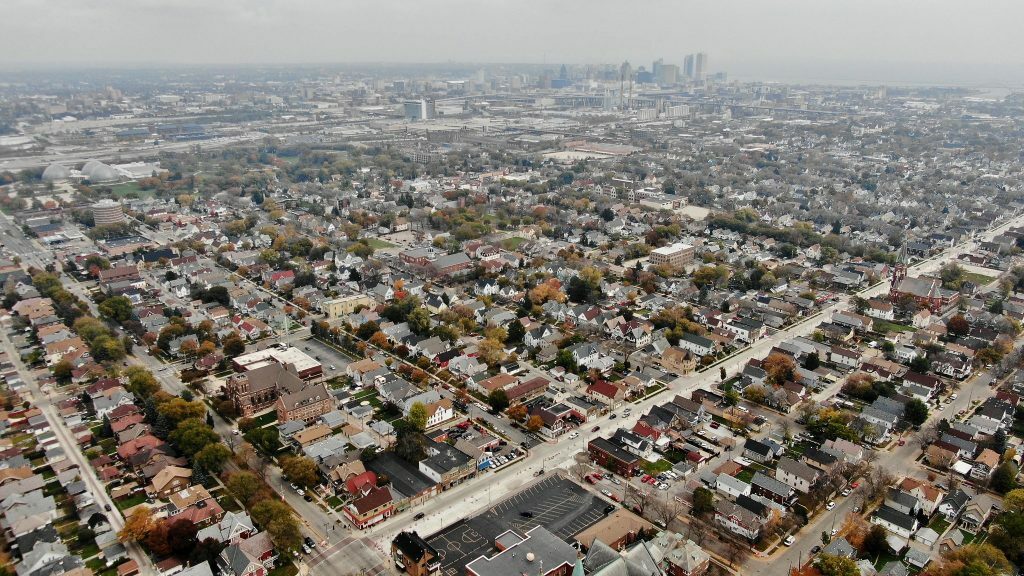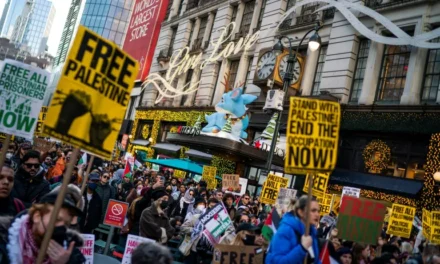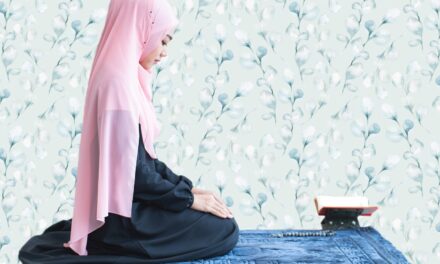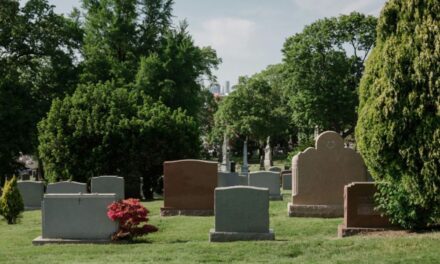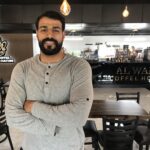Photo by Wes Tank of TankThink
Editors note: March 22nd is World Water Day
Water is my teacher. It is a building block of living beings, a sacred gift and trust, pure and purifying, soothing, healing. It is a community where all droplets stick together, flowing beautifully in kindness and force. Its persistence and perseverance breaks rocks and charts new horizons. In all its forms, it is an awe to observe and appreciate. I love water. Water is life.
During the Islamic holy month of Ramadan, as we fast from food and water from dawn till sunset, let us honor and celebrate the central role of water in our lives, both physically and spiritually.
This month-long spiritual and healing experience enhances and deepens our compassion for the poor, hungry and thirsty, especially those deprived of clean water due to water shutoffs at times of peace and war.
I have been reflecting on the water’s healing force in my daily life, from the refreshing hot water drink throughout the day, the soothing steam inhalation remedy, the pain relief of ice and cold therapy, the blessing and provision of the rainfall and the Wisconsin Green Muslims’ Faithful Rainwater Harvesting Initiative (FaRaH, which means Joy!). Yet, although clean water is a human right, many people, particularly children, are deprived from it in the USA and all over the world.
My own community in Milwaukee faces many challenges to ensure every family has safe water to drink, including some of the highest numbers of lead drinking water pipes in Wisconsin.
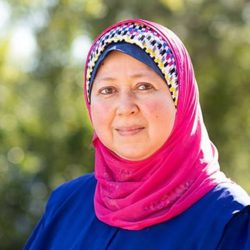
Huda Alkaff (Photo provided by Huda Alkaff)
As you know, no level of lead in drinking water is safe. Lead exposure in children can harm their brains and nervous systems resulting in developmental, learning and behavioral problems.
I see firsthand the lifelong impact on behavior and development among lead-poisoned children in my own community in Milwaukee. I hear from parents who fear for the futures of their children and are struggling to address the impact of lead on their families.
The impact of lead service lines disproportionately hurts low-income households and communities of color. These are communities that are already living in polluted areas and who face dangers from lead paint in their homes, dirty air in their cities, and now, dirty water.
We have suffered the most, and we will continue to suffer the effects of lead long after the pipes have been replaced. My community deserves the right to have a healthy, thriving future.
Right now, the U.S. Environmental Protection Agency, or EPA, is finalizing public health safeguards to remove all lead service lines from U.S. homes in the next 10 years. I applaud this step, and it needs to be done right.
The EPA must require the replacement of the full lead service line from city pipes to kitchen taps, closing the “access loophole” in the current proposed rule that could pass the cost of full lead service line replacement onto the lowest-income customers.
We need frequent testing and full public disclosure, coupling lead line replacement with water filtration to provide immediate protection for homes, child care centers and schools.
Almost 40 years after lead pipes were banned in new construction, we are starting to see more momentum toward a lead-free future.
The Bipartisan Infrastructure Law included billions to help cities speed up removal and replacement. But families with lead water lines should not have to wait!
Lead exposure through drinking water is one of the most solvable health crises of our time. With stronger regulations and more funding, we can make unprecedented progress on this issue and achieve the administration’s goal of removing all lead service lines in 10 years.
Water is a healer in all its forms and it is up to us to ensure no one is left behind.
Huda Alkaff is the founder and director of Wisconsin Green Muslims, a grassroots organization based in Milwaukee educating the Muslim community and general public about the Islamic environmental justice teachings since 2005.
